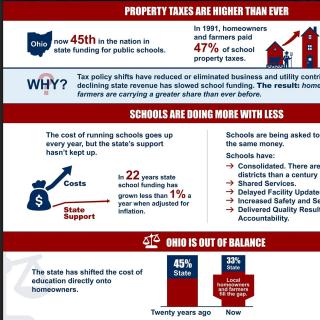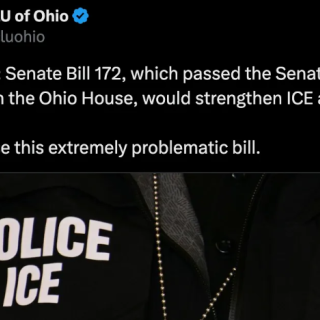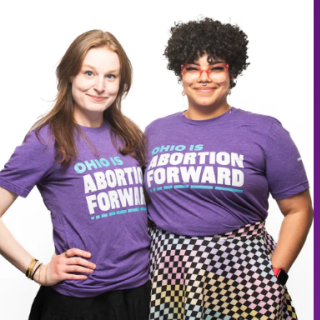Advertisement
At the same time Green Party candidate for county prosecutor Bob Fitrakis was debating Democratic candidate Zach Klein, a Columbus police officer with a history of questionable shootings killed Tyre King, a 13-year-old African American. King’s shooting occurred less than a block away from Fitrakis’s Near East home.
In a sad and tragic way, the timing was fatefully surreal. The two candidates were sparring over what’s the best way to end police shootings of African-American men and children.
But it wasn’t fate at all. Bob Fitrakis has been fighting back against questionable police shootings of African-Americans for much of his working life, and if Columbus and the rest of the nation, for that matter, would have listened to Fitrakis a long, long time ago, Tyre King may be alive today.
On the other hand, career politician and current city council president Zach Klein, who’s jumped back and forth from Democrat to Republican so to further his ascension, has no record of denouncing questionable police shootings.
Fitrakis of course is also editor of The Columbus Free Press. During the debate Fitrakis argued what needs to be established so to investigate and hopefully end these needless deaths.
“I have no problem with an independent prosecutor,” Fitrakis told the crowd during a candidate’s forum at Mt. Olivet Baptist Church. “I just don’t think it goes far enough. I believe that there needs to be an independent civilian review board, with subpoena power, that is elected from the area commissions, and that is responsible in these shooting cases.
“Part of the problem is the tremendous hold the FOP has on elected officials,” Fitrakissaid. “That has to stop. We need not only an independent prosecutor, we need a civilian review board with an auditor. We need real citizens from the high-crime neighborhoods. We should be able to elect people from those communities, because they’re the victims.”
As for his opponent that fateful night, it was more of the same, which is making some progressives seethe. Zach Klein not only opposes a civilian review board with subpoena power, but also an independent prosecutor to investigate fatal police shootings.
The left’s discontent with the Democratic Party has been building for some time and now hitting a boiling point with this election cycle. And it’s not just because of where candidates stand on issues; the Green Party isn’t backed by Super PACs or billionaires, and the mainstream media, either. Even aligning yourself with Democrats is making progressives go Green.
“We have been hit by this storm, this whirlwind of support that basically started on the day that Bernie endorsed Hillary,” Green Party presidential candidate Jill Stein said at the party’s national convention. “Suddenly, the floodgates opened in our fundraising. Unsolicited money just started pouring in. So, in the last three weeks, we’ve actually raised as much money as we have in the entire year-and-a-half of the campaign until then. So it’s a whole new ball game.”
The Green Party storm is reverberating nationally and spreading locally.
Constance Gadell-Newton is the Green Party candidate for the Ohio House of State Representative 18thDistrict race, which encompasses Columbus, Grandview Heights, German Village, Franklinton and the Near East. She’s a Near East resident and also Fitrakis’s law partner. When she decided to run she considered it an “experiment.” But after Bernie lost the nomination, it became much more than a chance to test the waters.
“Strangers were taking out their phones and donating on the spot,” says the 36-year-old Gadell-Newton. “I know how much $100 is in a personal budget. That could be coming right out of their grocery bill. As a candidate when someone gives me that amount of money I have to take this seriously and respect the people who are supporting me.”
Gadell-Newton says one of the biggest revelations during her candidacy was how easy it was to get on the ballot. Now when she’s out campaigning she’s telling as many people as she can that running as a Green Party candidate is “totally doable, especially in local small races.”
“That’s one thing I am surprised about,” she said. “I only needed 25 signatures. Major party candidates need 50 signatures. For people who are interested in change, running for office takes a lot less energy than passing a ballot issue, for instance, which takes thousands of signatures.”
She says victory this election cycle may be elusive, so she’s positioning herself for 2018 and 2020. But for now, running as a Green Party candidate during this election cycle of chaos is having serious influence on the overall debate.
“Even though we may not win, Green Party candidates are able to influence the political dialogue and that’s something I’ve seen with Bob’s (Fitrakis) prosecutor race. He’s very outspoken about the issues he cares about and he’s pushing the other candidates to the side of Black Lives Matter, for instance.”



